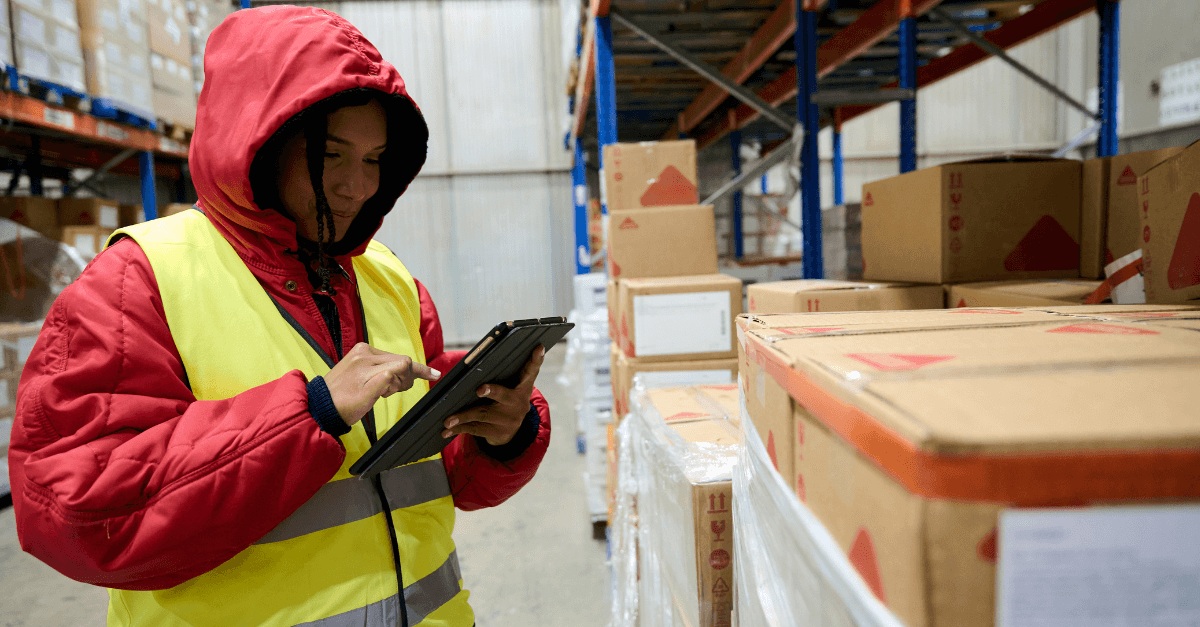4 Upcoming Forced Labor and Environmental Regulatory Changes
New regulations and regulatory updates are coming in 2023, with several revolving around forced labor, environmental safety, and CO2 emissions.

New regulations and regulatory updates are coming in 2023, with several revolving around forced labor, environmental safety, and CO2 emissions.
This trend aims to entrench ESG principles, human rights, and corporate responsibility into supply chains. Last November, SEMI and the Semiconductor Climate Consortium (SCC) announced more than 60 founding members of the first global collaborative of the semiconductor ecosystem companies with the mission to reduce greenhouse gas emissions across the industry value chain.
The EU has similarly proposed a European Green Deal to help standardize a coherent policy framework to support the EU in making sustainable goods, services, and business models and to reduce the environmental footprint of products consumed in the EU.
Here are a few of the upcoming regulations to watch for:
The German Supply Chain Due Diligence Act
The German Supply Chain Due Diligence Act (SCDDA) was enacted in January of this year to evaluate and address supply chain human rights and environmental threats. The act requires all German companies with 3,000 employees to prevent or minimize human rights and environmental rights infringements in their supply chains. In 2024, the act will apply to companies with 1,000 or more employees.
The SCDDA requires businesses in Germany to address the following risks:
- Forced labor
- Child labor
- Discrimination
- Violations of freedom of association
- Unethical employment
- Unsafe working conditions
- Environmental degradation.
Companies will be required to:
- Develop a risk management system.
- Conduct a risk analysis to identify and minimize human rights and environment-related risks.
- Designate a responsible individual or individuals within the firm to conduct regular risk analysis and issue a policy statement.
- Establish and implement risk preventive measures.
- Take remedial action.
- Establish an internal complaint procedure.
- Continuously document and report.
Changes to UFLPA
After the Uyghur Forced Labor Prevention Act ("UFLPA") went into effect, the U.S Customs and Border Patrol (CBP) revised the voluntary Customs-Trade Partnership Against Terrorism ("CTPAT") Security and CTPAT Trade Compliance programs to include forced labor due diligence requirements.
Additionally, the U.S. government is looking into expanding the scope of the law to include critical minerals add to the entity list.
In late December and early January, the US Customs and Border Protection (CBP) began initiating enforcement and issuing detention notices against aluminum products under the Uyghur Forced Labor Prevention Act (UFLPA) and appears to be expanding enforcement of the UFLPA to aluminum products.
The CBP has employed a risk-based approach that prioritizes the highest-risk goods imported directly from the Xinjiang Uyghur Autonomous Region, or Xinjiang, into the United States and from entities on the UFLPA Entity List. Learn more.
Proposed EU Forced Labor Regulation
Last September, the European Commission proposed a new regulation prohibiting products made with forced labor from being imported into or exported from the EU. The proposal builds on internationally agreed definitions and standards and underlines the importance of close cooperation with global partners. In addition, national authorities will be empowered to withdraw from the EU market products made with forced labor following an investigation.
The law aims to control the selling of goods produced directly or indirectly by forced laborers without targeting any specific industry, with the knowledge that forced labor is more prominent in the textiles, mining, and agriculture industries.
The EU Member States will appoint designated authorities to enforce the legislation. In addition, the Commission will set up a public database to provide clear guidelines and help the coordination between Member States.
SEC Proposed Mandatory Climate Disclosures
The U.S. Securities and Exchange Commission (SEC) proposed a new rule to enhance and standardize climate-related disclosures for Investors.
The proposed rule would require a registrant to disclose information about their governance of climate-related risks and their relevant risk management processes. In addition, under this regulation, the company will have to disclose its direct and indirect (scope 1&2) greenhouse gas (GHG) emissions and scope 3 upstream and downstream value chain GHG.
In Summary
The ever-changing landscape of global regulations can expose your organization to potential risks that can threaten your business continuity and reputation.
Learn how Z2Data’s PRM, Compliance Manager, and Supplier Insight Tools can help you implement a robust ESG, Product, and Trade Compliance Risk Management Program.
Frequently Asked Questions





The Z2Data Solution
Z2Data is a leading supply chain risk management platform that helps organizations identify supply chain risks, build operational resilience, and preserve product continuity.
Powered by a proprietary database of 1B+ components, 1M+ suppliers, and 200K manufacturing sites worldwide, Z2Data delivers real-time, multi-tier visibility into obsolescence/EOL, ESG & trade compliance, geopolitics, and supplier health. It does this by combining human expertise with AI and machine learning capabilities to provide trusted insights teams can act on to tackle threats at every stage of the product lifecycle.
With Z2Data, organizations gain the knowledge they need to act decisively and navigate supply chain challenges with confidence.


.svg)






